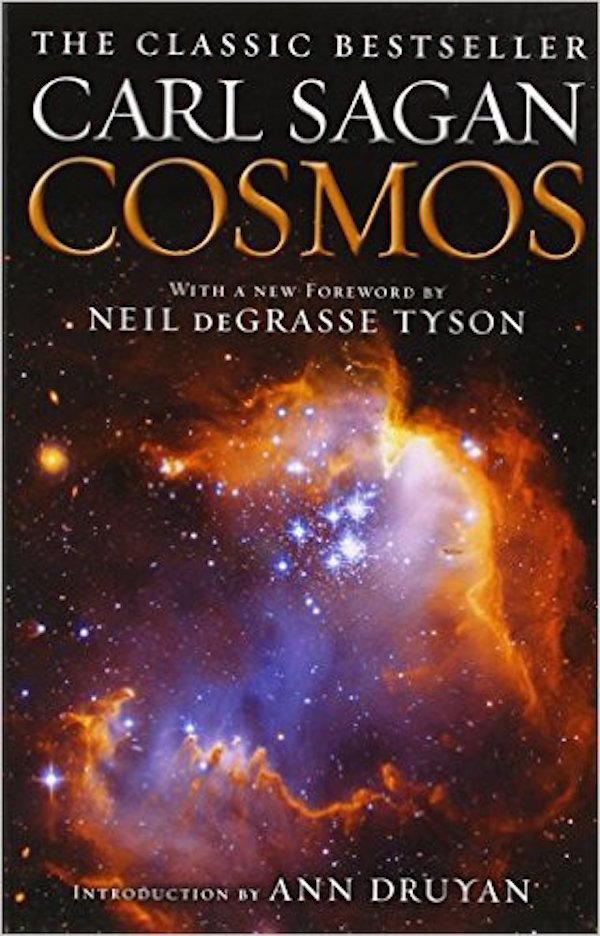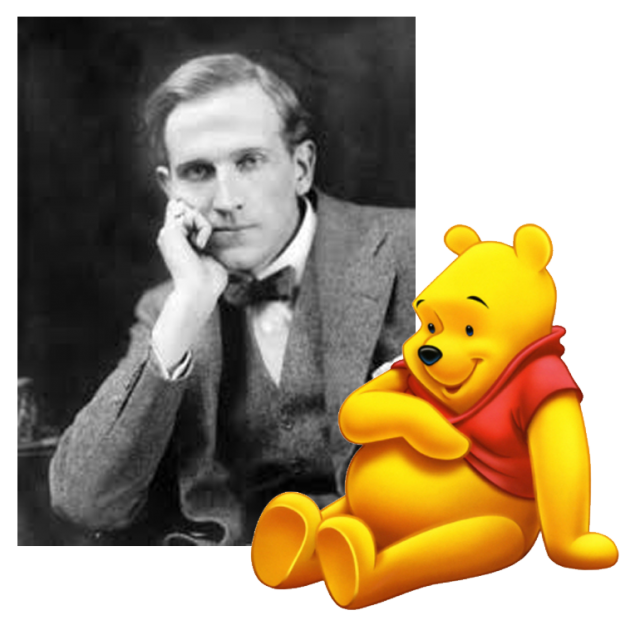For some of us, science can be intensely difficult. Electrolysis? A mole that’s not a small mammal? And what in the world is the difference between zero and “absolute zero”? If you had a tough time in high school chemistry, crawled your way through human biology, and hung on by your fingertips to a passing grade in physics, here are 8 science books that are approachable and, quite frankly, great reads.
1. The Quantum Universe: (And Why Everything That Can Happen, Does) by Brian Cox and Jeff Forshaw
Cox and Forshaw are masters at taking highly complex physics and boiling it down to easily-understandable writing. Through the use of narrative, analogies, metaphors, and simple math, the authors present the intriguing mysteries of the quantum universe, where actions we posit could happen, absolutely do. Also check out their previous book, Why Does E=mc2?
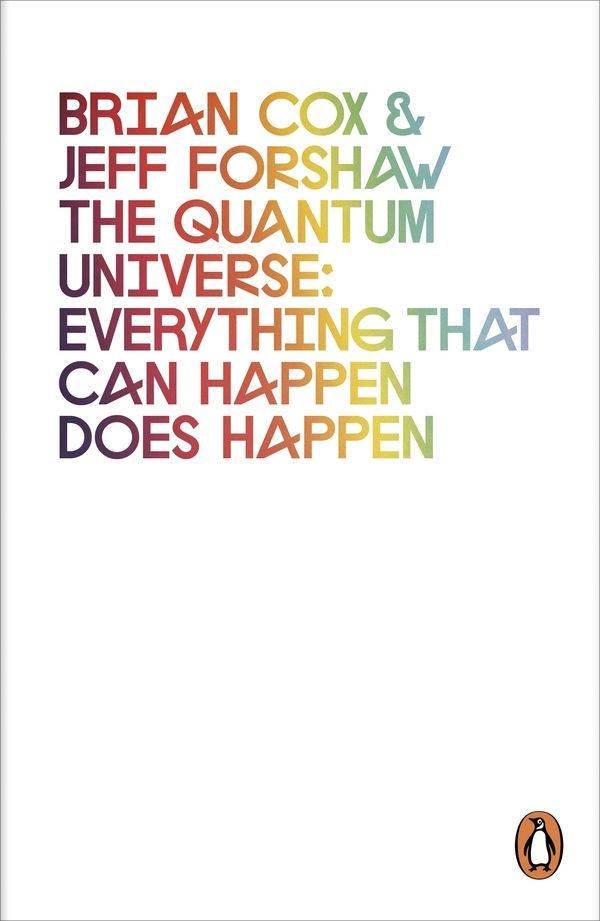
Source: Amazon
2. The Selfish Gene by Richard Dawkins
An international bestseller that has become a centerpiece of evolutionary literature, Dawkins provides the reader with an insightful glance at evolution, giving center stage to the actor that controls the process: the gene.
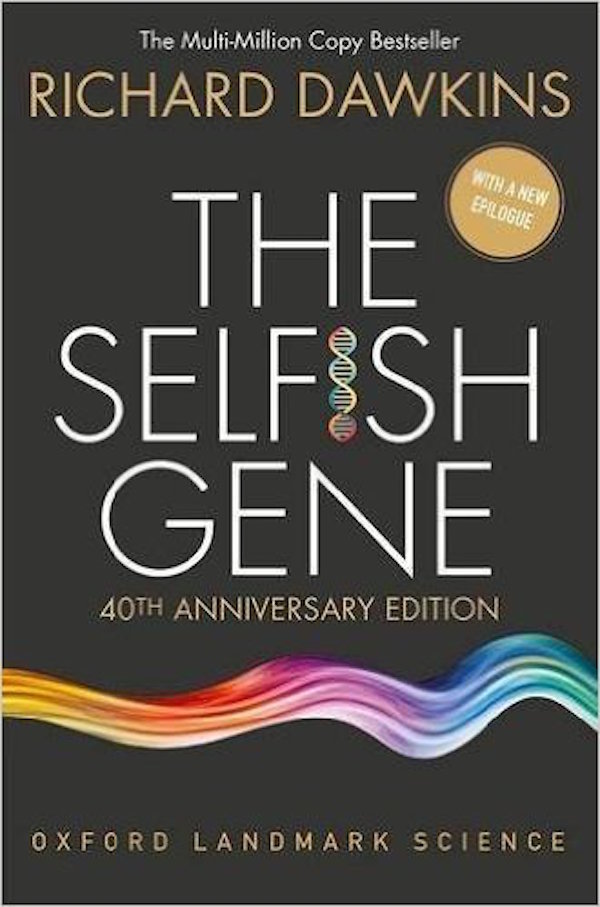
Source: Amazon
3. Social: Why Our Brains Are Wired To Connect by Matthew D. Lieberman
Lieberman’s Social describes the groundbreaking literature on neuroscience that details the need of humans–more so than shelter, food, and water–to connect. An insightful and well-written chronicle of the structures of the brain, this book is a great start for those interested in neuroscience.
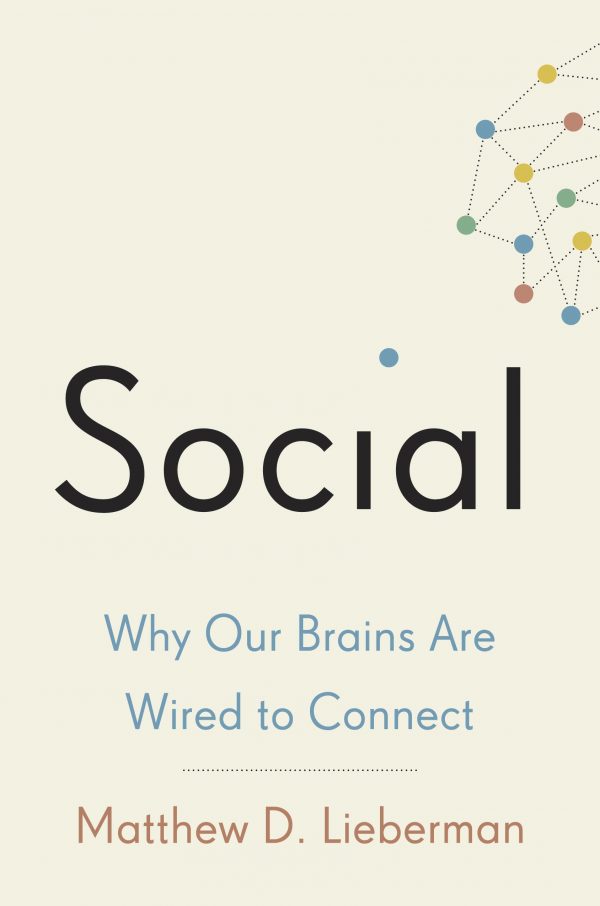
Source: Amazon
4. Cosmos by Carl Sagan
Everyone knows Carl Sagan, particularly from his television show of the same name that has recently been revamped by today’s celebrity physicist–Neil deGrasse Tyson. What many people don’t know is that his book, Cosmos, is an incredibly well-written and interesting glance at the wonders of the universe.
5. The Gene: An Intimate History by Siddhartha Mukherjee
Mukherjee’s second bestseller, coming on the heels of The Emperor of All Maladies: An Biography of Cancer, The Gene continues in the spirit of the first: years of intricate and complex research boiled down to accessible prose, intriguing narratives, and insightful assertions. A science and history book wrapped up in one–much like The Emperor of All Maladies–this is a phenomenal book both for history lovers and those interested in learning more about science.
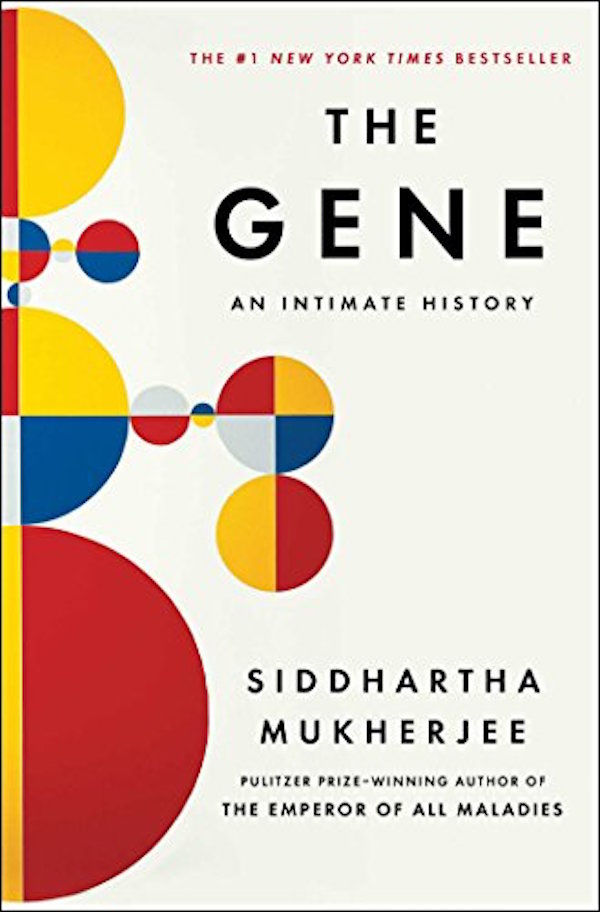
Source: Amazon
6. This Is Your Brain On Parasites: How Tiny Creatures Manipulate Our Behavior And Shape Society by Kathleen McAuliffe
I’m going to level with you on this one: this book, though incredibly well written and interesting from beginning to end, gave me a few nightmares. I’m not sure if that is McAuliffe’s point (it probably isn’t), but the descriptions of parasitic organisms and their effects on the human brain is an extremely interesting topic. If you aren’t easily put-off by natural processes, check this book out.
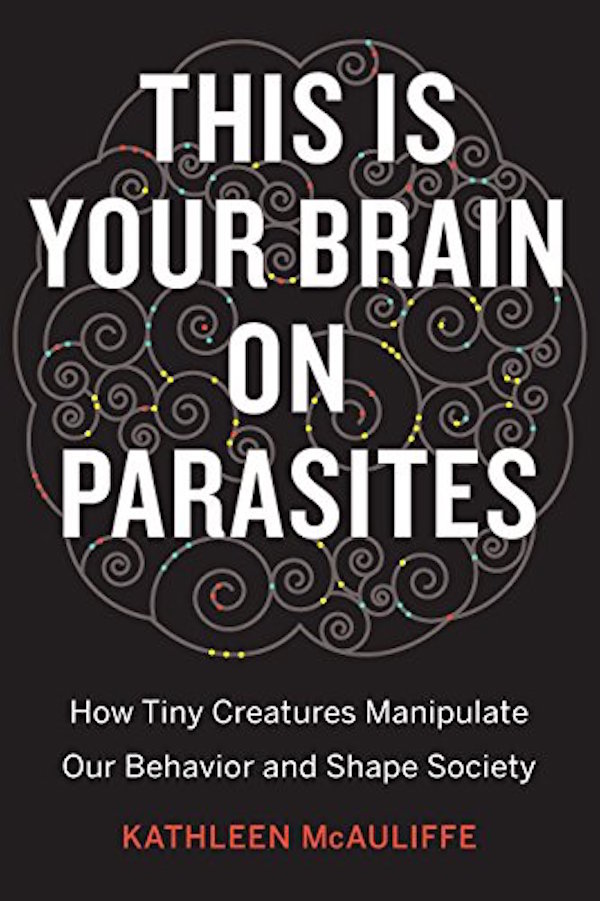
Source: Amazon
7. I Contain Multitudes: The Microbes Within Us And A Grander View Of Life by Ed Yong
This book should join the ranks of those science books that have become hits amongst non-scientific audiences. By examining microbes and their ongoing study in microbiology, author Ed Yong also presents a work that ties life together, from the minutest specs to the largest living creatures.
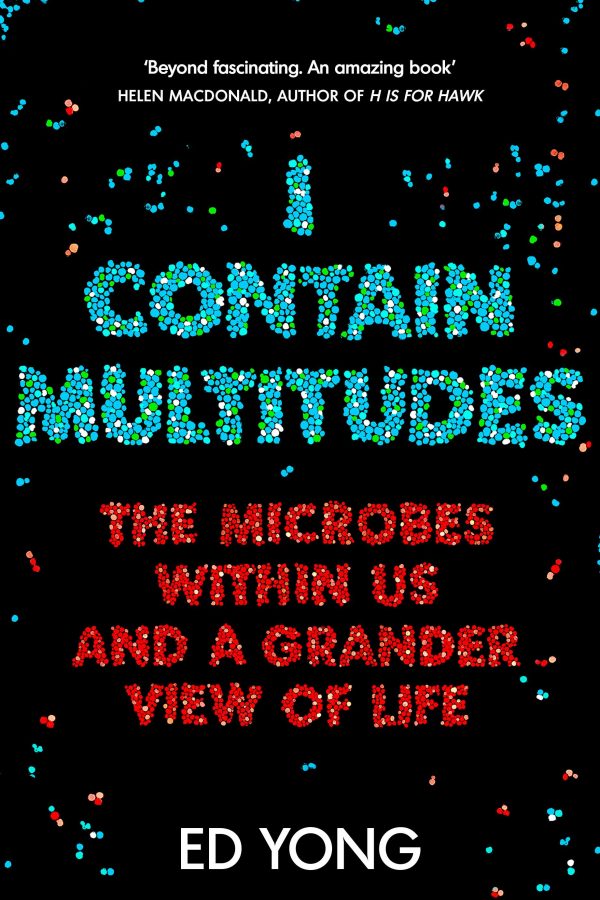
Source: Amazon
8. The Information: A History, A Theory, A Flood by James Gleick
A tad-bit more on the complicated side–due to its remarkable description of all elements involved–Gleick’s The Information gives both a history and an analysis of the process of transmitting information, essentially the base of computer science.
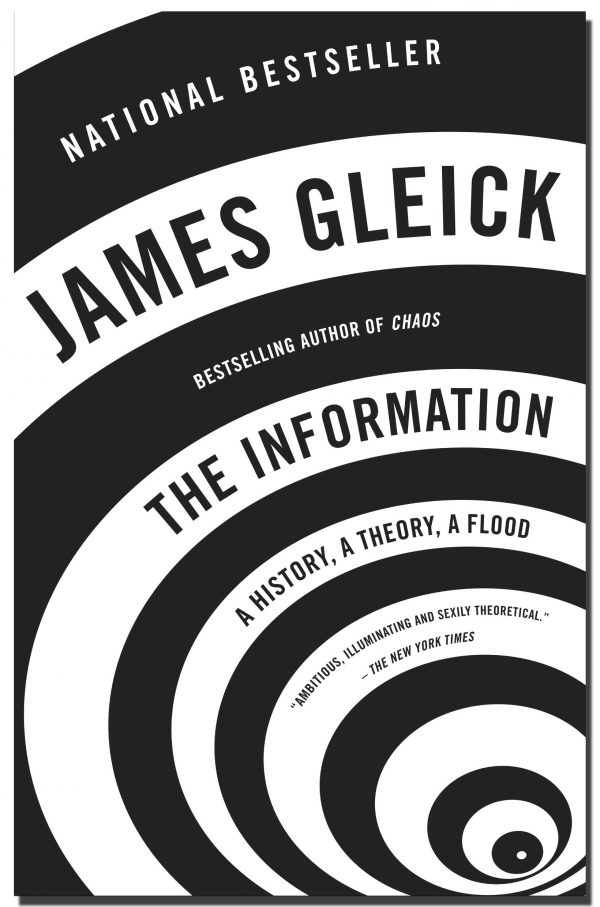
Source: Amazon
Which science based books have you devoured?
YouTube Channel: Home Science
Featured image via Pixabay
h/t The Memo
